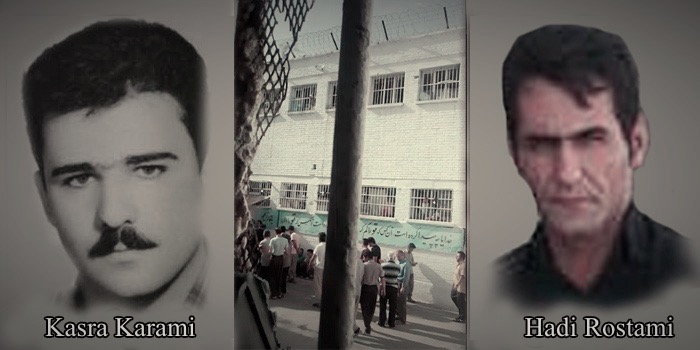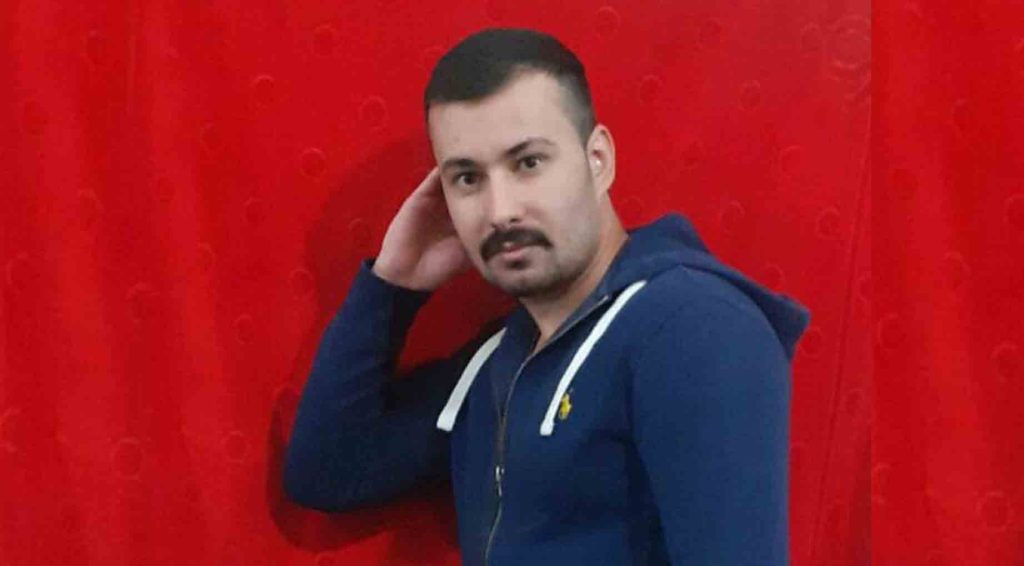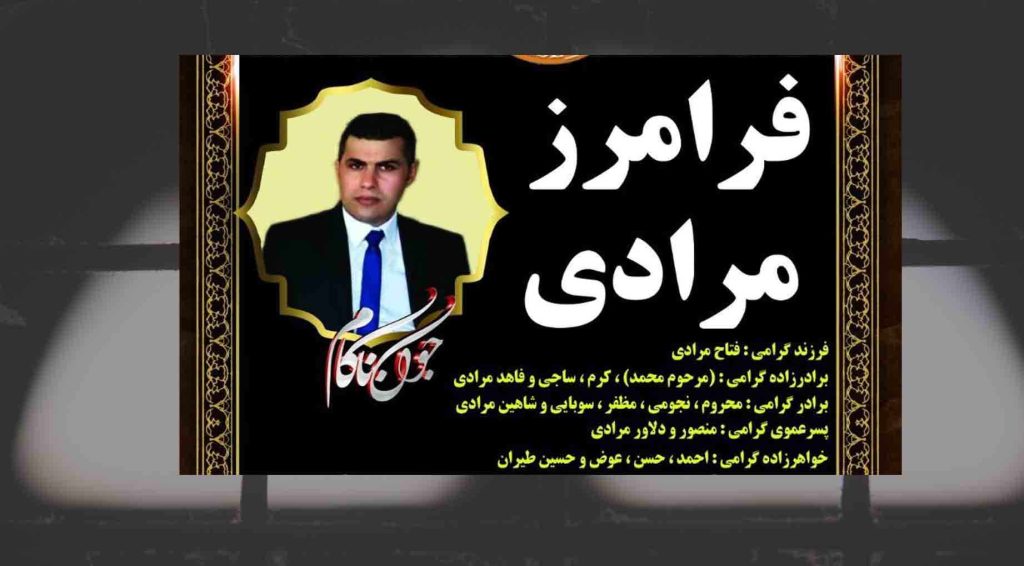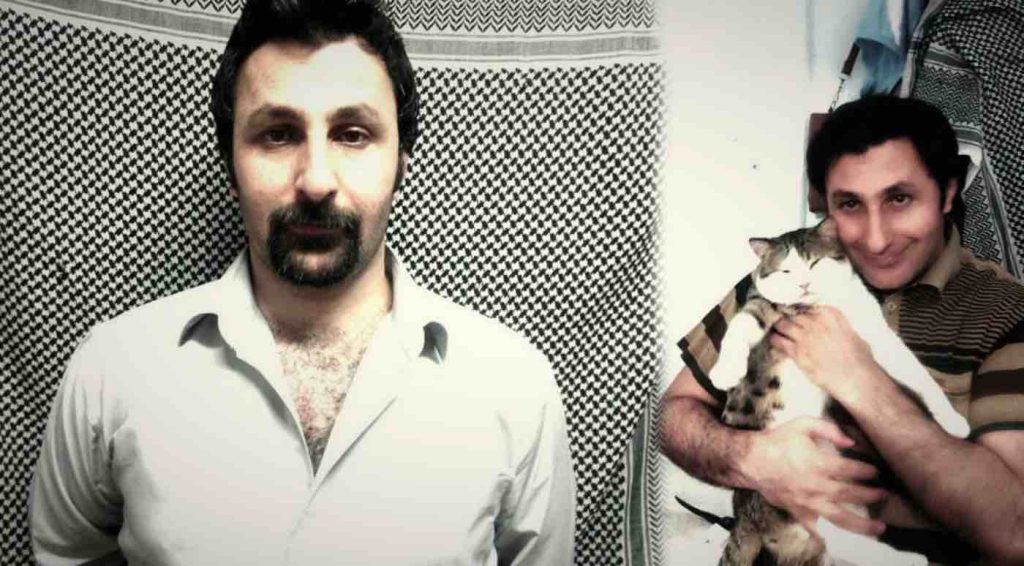Kurdistan Human Rights Network (KHRN) has been informed that the amputation sentence of four fingers of the right hand” of three prisoners accused of robbery at Orumiyeh Central Prison, -Hadi Rostami, Mehdi Sharafian and Mehdi Shahivand- was approved by the Supreme Court and sent to the Orumiyeh Enforcement Office to be executed.
According to the indictments filed by Branch 13 of the Supreme Court, headed by Ali Shoushtari, and notified to the convicts in prison last week, the verdict issued by the Branch 1 of the Criminal Court (Children & Adolescents Division) of West Azerbaijan province satisfies all the legal grounds for enforcing the “Had” (minimum punishment) set by the Islamic Jurisprudence contained in Article 278 of the Islamic Penal Code. Per Article 278 of the Islamic Penal Code, the minimum punishment for certain types of robbery is amputation of four fingers of the right hand. Per Article 667 of the same law, they were also sentenced to “handing out stolen property.”
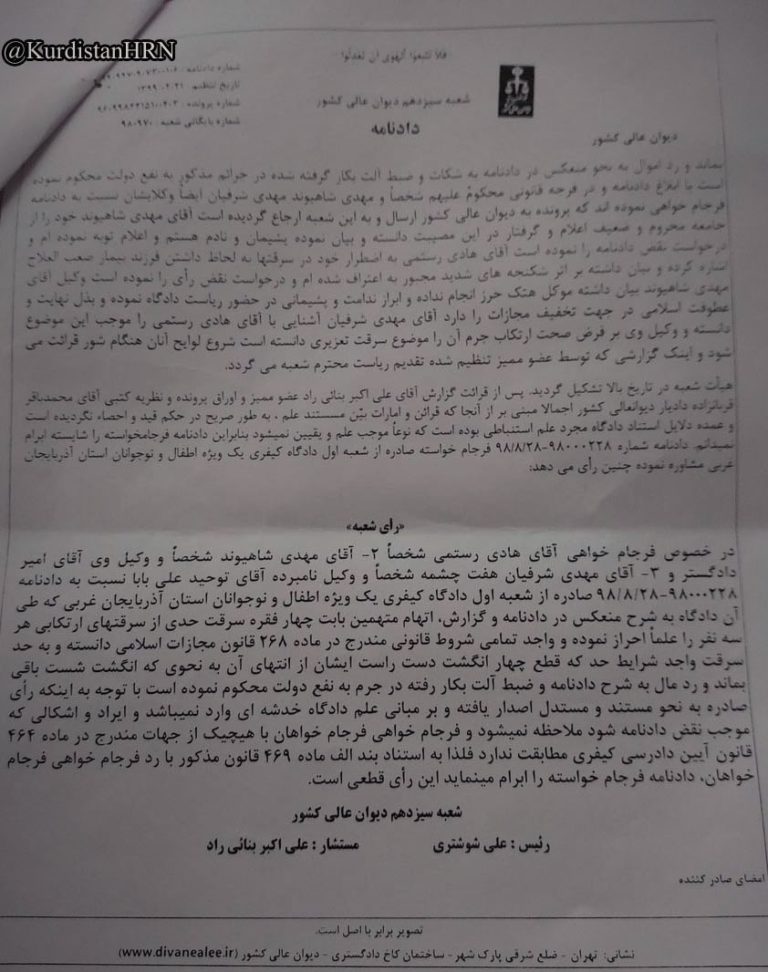
Simultaneously with the confirmation of the sentences of Hadi Rostami, Mehdi Sharafian and Mehdi Shahivand, KHRN has been informed that a similar sentence previously issued to Kasra Karami, a civilian of Kermanshah in Orumiyeh Prison, has been approved by the Supreme Court in recent weeks. This sentence was sent to the Orumiyeh Enforcement Office for execution after notifying the accused.
Copies of the lawsuit against the civilian had previously been published by KHRN. According to this document, on Oct 23, 2017, he was sentenced to the amputation of four fingers of his right hand and returning the stolen funds and property for “Theft”.
Hadi Rostami, Mehdi Sharafian, Mehdi Shahivand and Kasra Karami have stated that they were “tortured” during their detention to confess to the charges. Hadi Rostami committed suicide by cutting his wrist in protest to the confirmation of his sentence. He is currently being held at the Orumiyeh Prison Medical clinic in critical health condition.
International Covenants on Torture and Other Cruel, Inhuman or Degrading Treatment or Punishment prohibits the use of inhumane punishments such as amputation. Although Iran has signed the Universal Declaration of Civil and Political Rights, it is one of the few countries that has not acceded to the International Convention against Torture and continues to use amputation penalties for many crimes.

